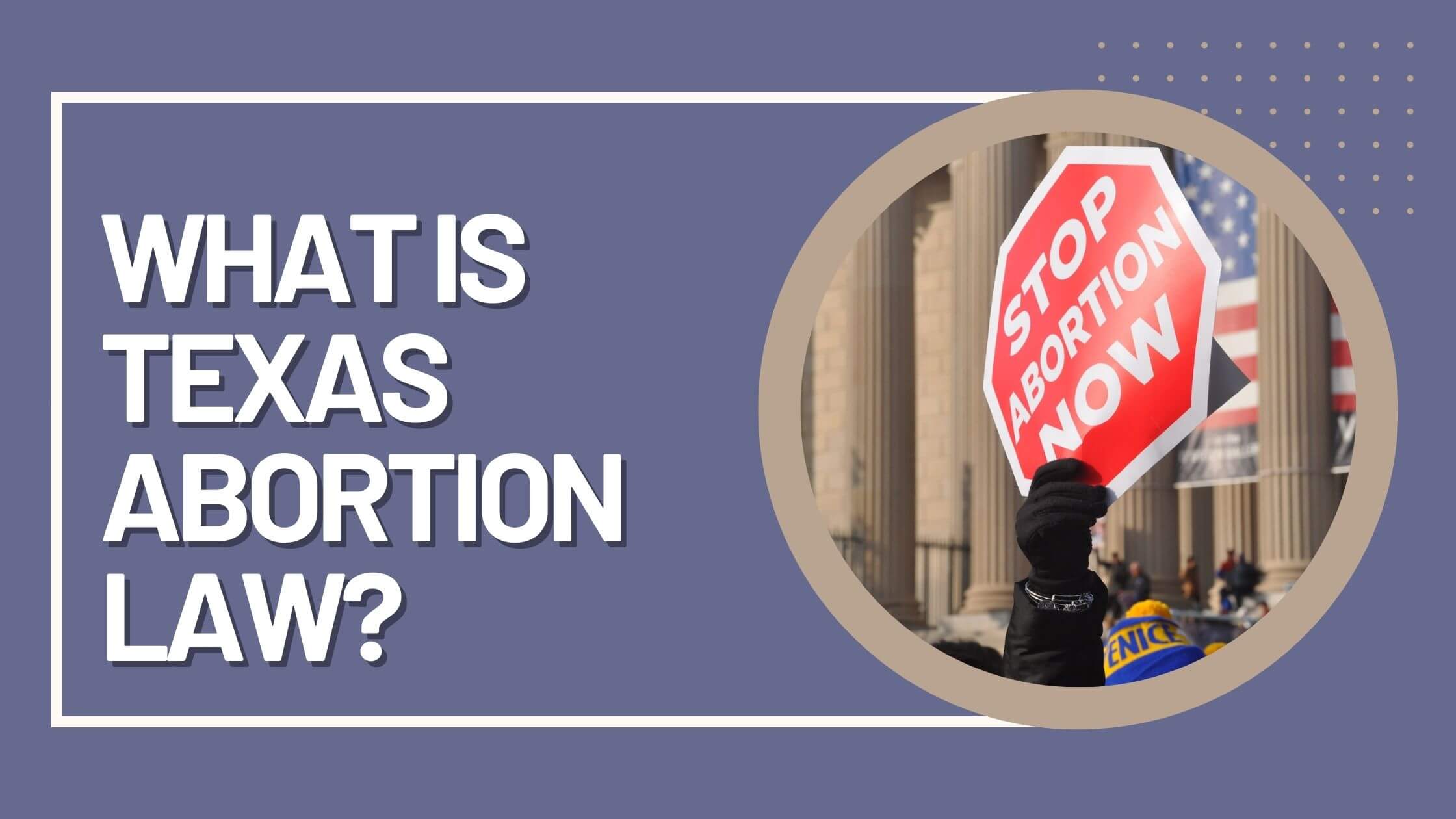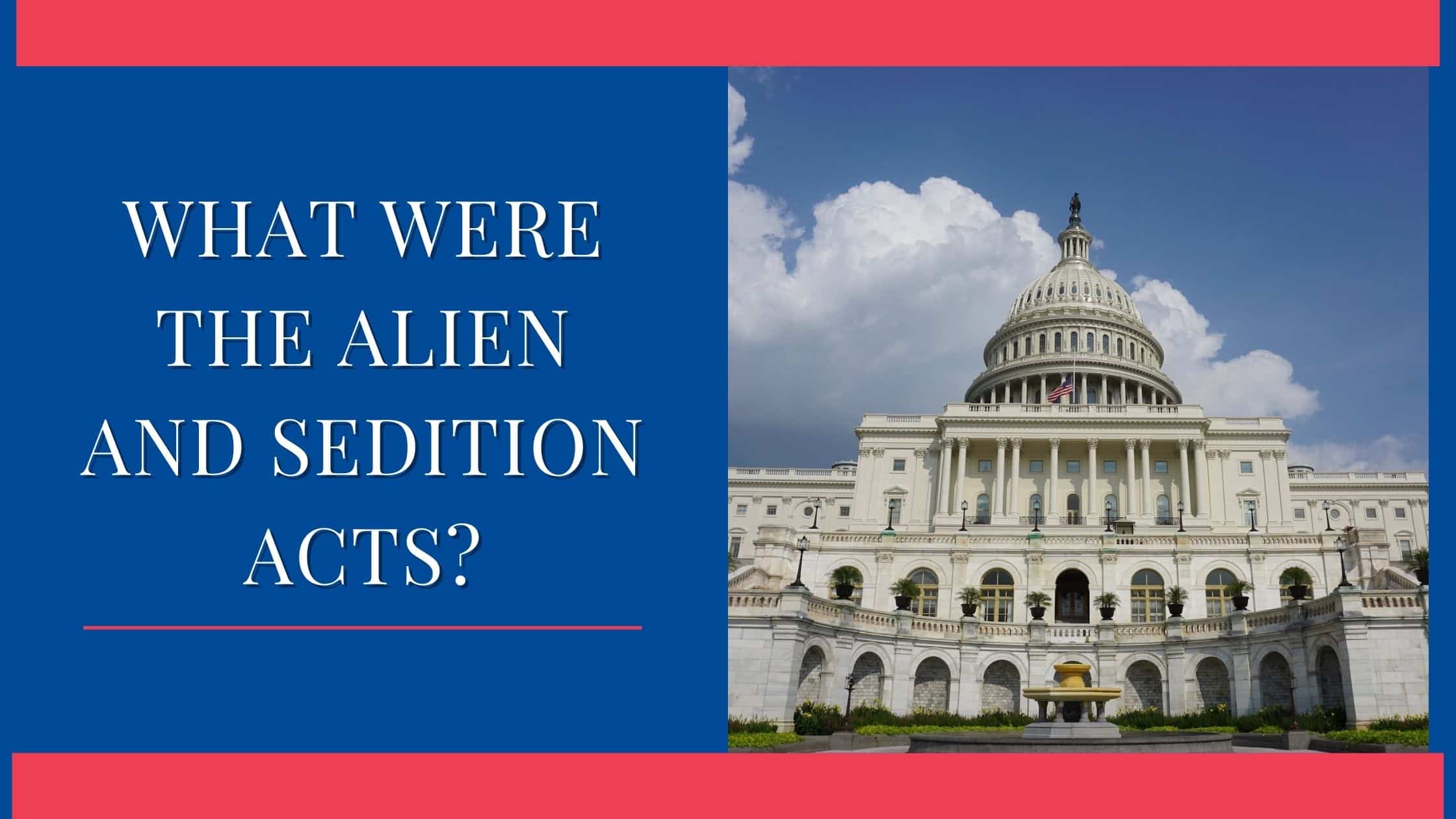Table of Contents
ToggleSources
- https://www.justice.gov/ovw/domestic-violence
This U.S. Department of Justice page provides authoritative information on domestic violence, including psychological abuse, which aligns with the blog post's discussion of verbal abuse as a form of domestic violence. - https://www.eeoc.gov/harassment
The U.S. Equal Employment Opportunity Commission (EEOC) page on harassment in the workplace supports the blog post's claims about verbal abuse in employment settings and potential legal actions under Title VII of the Civil Rights Act. - https://www.law.cornell.edu/wex/verbal_assault
Cornell Law School's Legal Information Institute defines verbal assault, which is relevant to the blog post's distinction between verbal abuse and verbal assault as a criminal offense. - https://www.womenslaw.org/about-abuse/legal-definitions/emotional-and-psychological-abuse
This resource from WomensLaw.org provides clear definitions and legal perspectives on emotional and psychological abuse, supporting the blog post's discussion of verbal abuse in domestic contexts. - https://www.apa.org/topics/verbal-abuse
The American Psychological Association's page on verbal abuse offers authoritative information on the psychological impacts of verbal abuse, which supports the blog post's discussion of its effects on victims.
Key Points
- Verbal abuse is not a crime, but documented incidents can support domestic violence or harassment cases.
- Verbal assault, which involves threats of imminent bodily harm, is a crime and can result in fines and jail time.
- Verbal abuse can be considered psychological abuse in intimate or familial relationships, falling under domestic violence laws.
- Psychological abuse can lead to severe effects like depression, anxiety, and health issues.
- The Violence Against Women Act (VAWA) recognizes psychological abuse as a form of domestic violence.
- Verbal abuse in the workplace can lead to legal action under Employment Law if it causes psychological distress.
- Workplace verbal abuse can be grounds for discrimination or intentional infliction of emotional distress lawsuits.
- Victims of workplace verbal abuse may seek compensatory and punitive damages, including attorney fees.
- Proper documentation, such as recordings and witness testimonies, is crucial for proving verbal abuse cases.
- Verbal abuse, while not a standalone crime, can have significant legal implications in specific contexts.
Summary
Verbal abuse itself is not a crime, but it can be used as evidence in domestic violence or harassment cases if it’s repetitive and severe. However, verbal assault—threatening imminent bodily harm—is a misdemeanor punishable by fines or jail time. In workplaces, sustained verbal abuse may lead to lawsuits for discrimination or emotional distress if properly documented.
The popular saying is
“sticks and stones may break my bones, but words can never hurt me.”
But, while words can’t physically hurt another human being, does that mean it’s not a crime?
Is verbal abuse a crime?
The answer is no. Verbal abuse is not a crime. You can’t be sued for name-calling, yelling, or insulting someone. When you shout, yell, or offend a romantic partner, spouse, child, coworker, or stranger, it’s not illegal, and the police won’t be able to arrest you for this act alone.

However, documented incidents of verbal abuse can be used by a complainant in filing for a domestic violence case or harassment case.

Get Smarter on US News, History, and the Constitution
Join the thousands of fellow patriots who rely on our 5-minute newsletter to stay informed on the key events and trends that shaped our nation's past and continue to shape its present.
What’s more, if you are yelling loudly in a private or public place, a disorderly conduct misdemeanor charge can be filed against you.
Defining Verbal Abuse
To better understand why verbal abuse is not a crime, we need a better definition. Verbal abuse is the act of using language to hurt, frighten, humiliate, or harm another person.
It does not involve physical contact and is limited only to spoken and written words directed at a specific person.
Furthermore, it is considered abuse when it follows a pattern over some time, is long-term, and is repetitive throughout the relationship between an abuser and their victim.
Verbal Assault Is a Crime
The only kind of verbal abuse that is considered to be a crime is verbal assault. Verbal assault is when a person threatens another person with imminent bodily harm, such as punching, kicking, stabbing, or any form of physical violence.

The act of verbal assault can occur in person but also over the phone, in electronic form, or via another person.
This crime is classified as a misdemeanor, with fines ranging from $500 to $2000, depending on the severity and the impact on the victim. If found guilty, the offender may face jail time of up to 180 days.
When Can Verbal Abuse Be Considered a Crime?
As previously mentioned, verbal abuse is not considered a crime. However, if it occurs within an intimate or familial relationship, it may be classified as an act of psychological abuse. This falls under the category of domestic violence, which is a crime in the United States.
Verbal abuse can be considered psychological abuse when it is repetitive, excessive, and consistent with a pattern of behavior over an extended period. This form of abuse usually involves a person in a position of authority or dominance and another in a subordinate role.

Examples of relationships in which verbal abuse can occur include intimate partnerships, parent-child dynamics, interactions between elderly individuals and their children, or relationships between bosses and employees.
People in positions of power often use verbal abuse to exert their control and authority over someone, which can often include intentionally hurting or harming a person’s self-worth and psychological health.
Some examples of verbal abuse include, but are not limited to:
- Name-calling
- Scolding
- Insulting
- Yelling
- Harassing
- Labeling
- Rebuking what you say
- Humiliating you in front of people
The use of language that aims to make an individual feel uncomfortable, undermine their self-esteem or self-worth, question their intelligence, instill fear of imminent danger, and occurs repetitively, excessively, and severely over a given period is considered verbal abuse.
Types of Verbal Abuse:
| Type of Verbal Abuse | Is it a Crime? | When can it be considered a Crime? | Potential Consequences |
|---|---|---|---|
| Verbal abuse | No | If it occurs in an intimate or familial relationship and is classified as psychological abuse. Evidence of verbal abuse can be used by a complainant in filing for a domestic violence case or harassment case. Yelling loudly in a private or public place can result in a disorderly conduct misdemeanor charge. | No legal consequences |
| Verbal assault | Yes | When a person threatens another person with imminent bodily harm. Classified as a misdemeanor, fines ranging from $500 to $2000, and jail time of up to 180 days. | Fine and possible jail time |
| Verbal abuse in the workplace | Not necessarily | If it is severe and excessive enough that it causes psychological distress, the employee can file a suit under Employment Law. Discrimination and intentional infliction of emotional distress cases can be filed. | Compensatory and punitive damages, attorney fees |
Why Verbal Abuse Can Be Considered As Domestic Violence
Domestic violence covers different types of abuse, which include physical abuse (the most common and most reported), emotional abuse, financial abuse, sexual abuse, and psychological abuse.

While most people only consider physical abuse to be domestic abuse, other forms of abuse towards an intimate partner or family member are considered to be domestic violence.
Verbal abuse falls under psychological abuse because the repercussions cause psychological trauma. Some of the effects of psychological abuse are as follows:
- Sleep disorders such as insomnia
- Depression
- Anxiety
- Job loss due to inability to be productive
- Health issues
The Violence Against Women Act (VAWA) of 1994, with additions in 1996, recognizes psychological abuse as domestic violence, a criminal, and a civil crime. Penalties for a domestic violence misdemeanor can vary depending on the jurisdiction and the details of the offense but may include jail and fines.
A protective order and a no-contact order are some of the most common orders given by judges to help protect victims from their abusers.
A protective order means the abuser must always stay at least 200 meters away from the victim, while a no-contact order means the abuser must not attempt to communicate with the victim through any means.
Verbal Abuse in the Workplace
Verbal abuse as a possible crime is not limited to domestic violence cases. Verbal abuse can also be used in workplace harassment, discrimination, and emotional damage lawsuits.

An employee who is consistently and frequently verbally abused by his or her boss can file an Employment Law case. Verbal abuse in the workplace can be complicated, but filing a suit is possible under Employment Law.
An employee can file a suit if the effects of the verbal abuse are severe and excessive enough that it causes psychological distress.
Some of the effects of the distress can include depression, anxiety, increased stress levels, sleep disorders, and health issues that include chronic headaches, insomnia, and high blood pressure.
Suppose the employee has sought the help of a doctor or therapist and is taking medication for mental health issues because of the verbal abuse that’s happening or has happened in the workplace. In that case, he or she can be compensated for expenses or damages caused by the abuse.
Cases That Can Be Filed for Verbal Abuse in the Workplace
Discrimination
An employee could file a discrimination case against his or her employer or boss if the verbal abuse occurred about the following:
- Race
- Gender orientation
- Age
- Religion
- Disability
- Natural origin

If the name-calling, insults, harassment, and humiliation is about the mentioned characteristics of the employee, he or she can file for discrimination in the workplace within 180 days from the date of the event.
Verbal abuse can violate Title VII of the Civil Rights Act of 1964, which falls under federal and state laws. The employee can seek the help of the United States Equal Employment Opportunity Commission.
Intentional infliction of emotional distress
An employee experiencing verbal abuse in the workplace can also file for Intentional Infliction of Emotional Distress if the verbal abuse covers the following:
- The abuse was done intentionally or recklessly.
- The abuse was outrageous and excessive.
- The abuse caused emotional distress.
- The distress the employee suffered is severe.
The complainant can be awarded the following:
Compensatory damages
A refund of all the expenses incurred if and when the complainant consulted a doctor or therapist and took medication to remedy the emotional distress caused by the abusive language. Lost wages and missed time off work can also be compensated.

Punitive damages
A monetary punishment is given to the perpetrator and paid to the victim.
Attorney fees
The abuser would need to pay for the complainant’s attorney’s fees.
A Thin Line
Verbal abuse may not be a crime in itself. Still, it can be considered psychological abuse, which falls under domestic violence if the victim and abuser are in an intimate or familial relationship.
If verbal abuse happens in the workplace, the victim can file for discrimination or intentional infliction of emotional distress, though verbal abuse can be difficult to prove without proper documentation of the events.
This is why victims need to document the incidents, such as keeping audio or video of the verbal attack happening, keeping notes and messages, and making sure there are witnesses to the abuse happening who are willing to testify on the victim’s behalf.
Is Verbal Abuse a Crime? Quiz
Frequently Asked Questions
Is verbal abuse considered a crime?
What is the difference between verbal abuse and verbal assault?
When can verbal abuse be considered a crime?
What legal actions can be taken for verbal abuse in the workplace?
What are the potential consequences of verbal assault?
How useful was this post?
Click on a star to rate it!
Average rating / 5. Vote count:
No votes so far! Be the first to rate this post.
We are sorry that this post was not useful for you!
Let us improve this post!
Tell us how we can improve this post?







